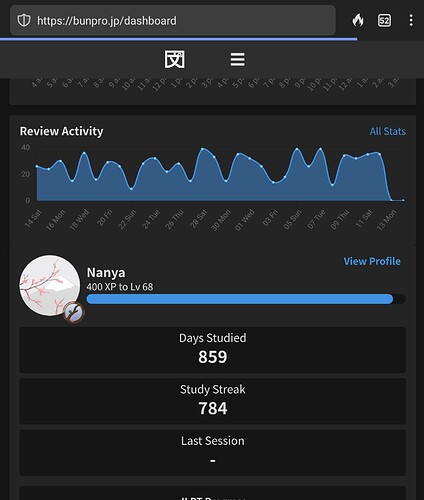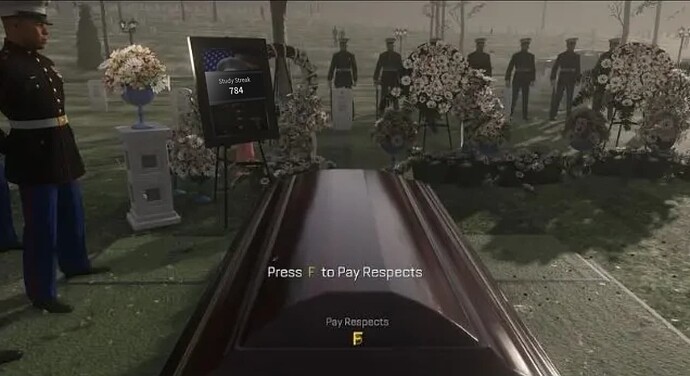A friendly reminder, from someone who experiences similar self-pressures: You don’t have to do better, IMHO. You did your best. All you have to do is to continue to do your best! ‘Your best’ may change depending on the circumstances, but that’s okay.
Think about it this way: If someone has been actually ‘doing their best’, and yet they slipped up here or there, I mean – that’s just being human, right? Nobody’s perfect, we all will eventually make mistakes, even if we do our best.
But on the other hand, how is it even possible for someone to do better than their best? It’s literally not possible! So, would it be fair for someone to ask of that person, “Hey, I know you did your best, but you made a minor slip up here. Your best isn’t good enough. You have to do better than your best from now on!” Not really fair is it?
Likewise, after admitting to yourself that you indeed did your best, it’s not really ‘fair’ to yourself to then go on to say, “And now I have only to do better.” At least, that’s how I’ve come to terms with this self-pressure when I find myself doing it to myself:
"Hey, wait a second. It is literally impossible for anyone, me included, to do better than their best. That’s a bit unrealistic, and hence a bit unfair to myself. I’m only human.
"But! Of course I can continue to do my best. And indeed, if/when I learn from my past mistakes, my ‘future best’ may indeed be ‘better’ than my ‘past best’ – learning is also something us humans excel at, after all – but if (due to whatever circumstances) my future best happens to not be better than my past best, that’s still okay. Because I will still just be ‘doing my best’, which is the most that anyone could reasonably ask of me!
“So, to be reasonable to myself, I will only ask myself to just do ‘my best’, whatever ‘my best’ may be at the time.”
That’s one of the things I really like about the Japanese verb 頑張る (がんばる) and the associated phrase, 「がんばってね!」, “Do your best!”
I’m not sure of the entire cultural nuance of the verb and/or phrase, but to me I’ve taken them to mean exactly what I wrote about above:
Just がんばってね / “do my/your best” because that’s all that anyone can ever reasonably ask or expect of me/us, including myself/ourselves.
Of course I will continue to “do my best” after a mistake. I won’t use this as some sort of excuse to cover up for my mistakes, or not to learn and improve from my mistakes.
But on the other hand, this will also remind me that mistakes are inevitable, and also that circumstances may change, and it is reasonable (and probably more healthy, to be honest) to be more forgiving of my own mistakes or personal limitations on any given day.
Sorry if this came across as preachy in any way. It is only my own perspective, and what works for me may not work for others. Still, I hope it is perhaps helpful or useful in some way, to anyone who may happen to read it.
Cheers! And, がんばってね!









